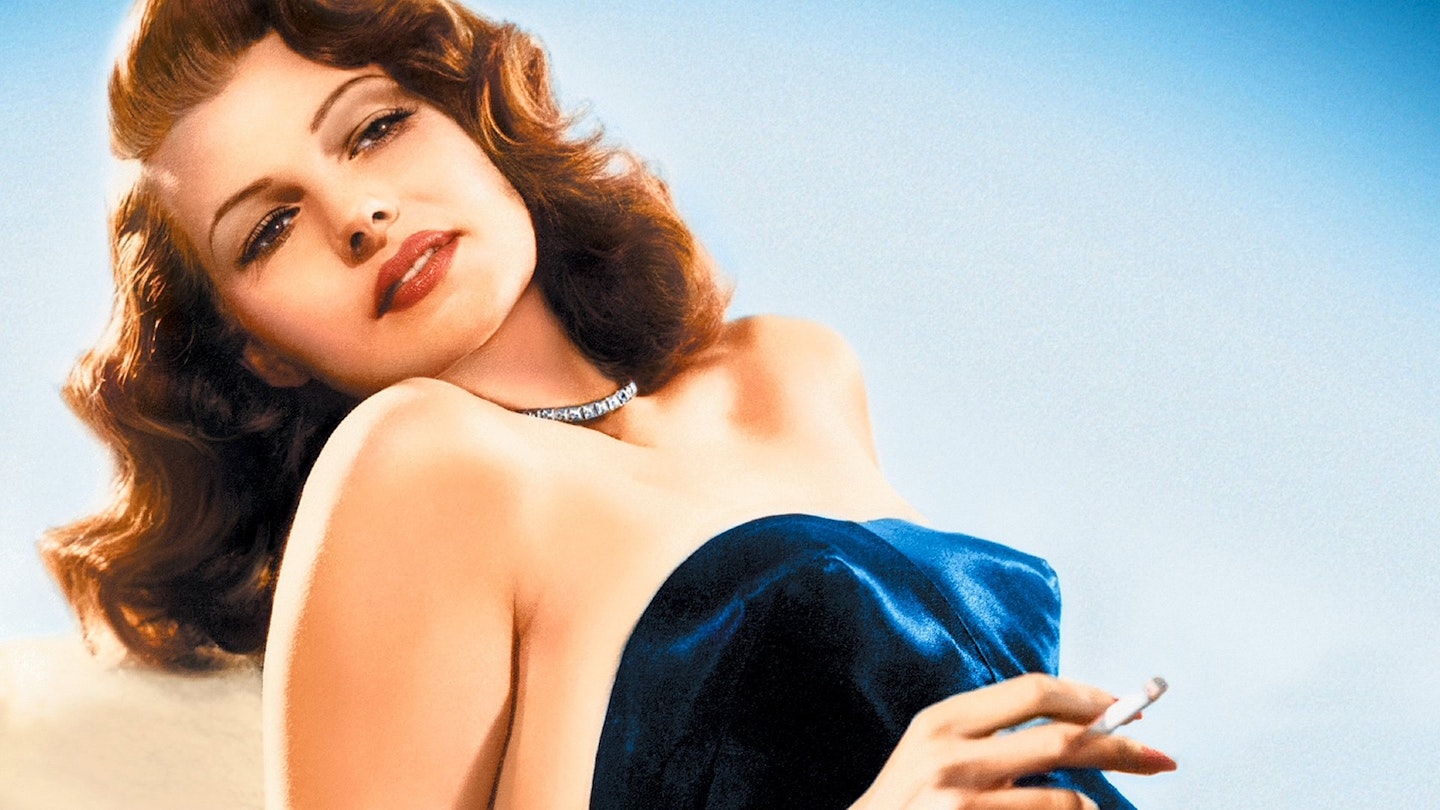Rita Hayworth never forgave Virginia Van Upp for creating this crackling film noir for her. Indeed, she held her directly responsible for the fact that her subsequent lovers went to bed with Gilda and woke up with her. Yet, female co-scenarists Marion Parsonnet and Jo Eisinger were equally culpable for objectifying Hayworth as the love goddess whom both George Macready and Glenn Ford wanted to possess and control, but neither of whom deigned to cherish.
As director Charles Vidor once said, `the picture was about hate being as exciting an emotion as love' and sparks certainly flew within a ménage à trois whose simmering sado-masochism and latent homosexuality seemed to transgress just about every item on the Production Code. It was as though the Breen Office was allowing such resistible characters to commit such despicable sins to ward the audience off the temptations of the flesh. Yet, the film confounded the critics by becoming a hit date movie for returning GIs keen to see the pin-up who had helped them get through the war.
Hayworth certainly didn't let them down, with Jack Cole's choreography having been inspired by a stripper's routines. Indeed, this motif recurred in the picture's most iconic moment, as Hayworth peeled off her long gloves while gyrating in a strapless black satin gown to Anita Ellis's dubbed rendition of `Put the Blame on Mame'. But off screen, Hayworth was feeling anything but a femme fatale, as her marriage was collapsing across the Columbia lot as Orson Welles conducted an affair on the set of The Stranger, which she'd persuaded studio chief Harry Cohn to greenlight.
Rita would eventually fall into the arms of her five-time co-star, who developed a crush on her during the shoot. Yet Ford still managed to sustain the intense pessimism and world-weary cruelty (perhaps channelled from his wartime stint in the Marines) that made Farrell one of the most ambiguous anti-heroes of the 1940s.

